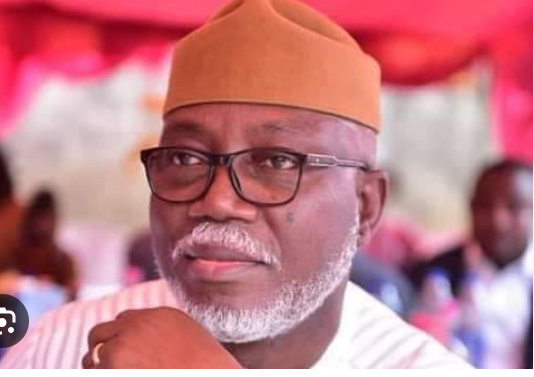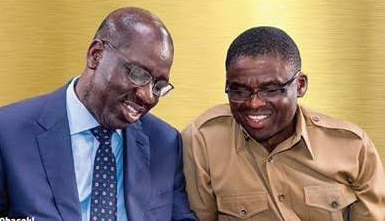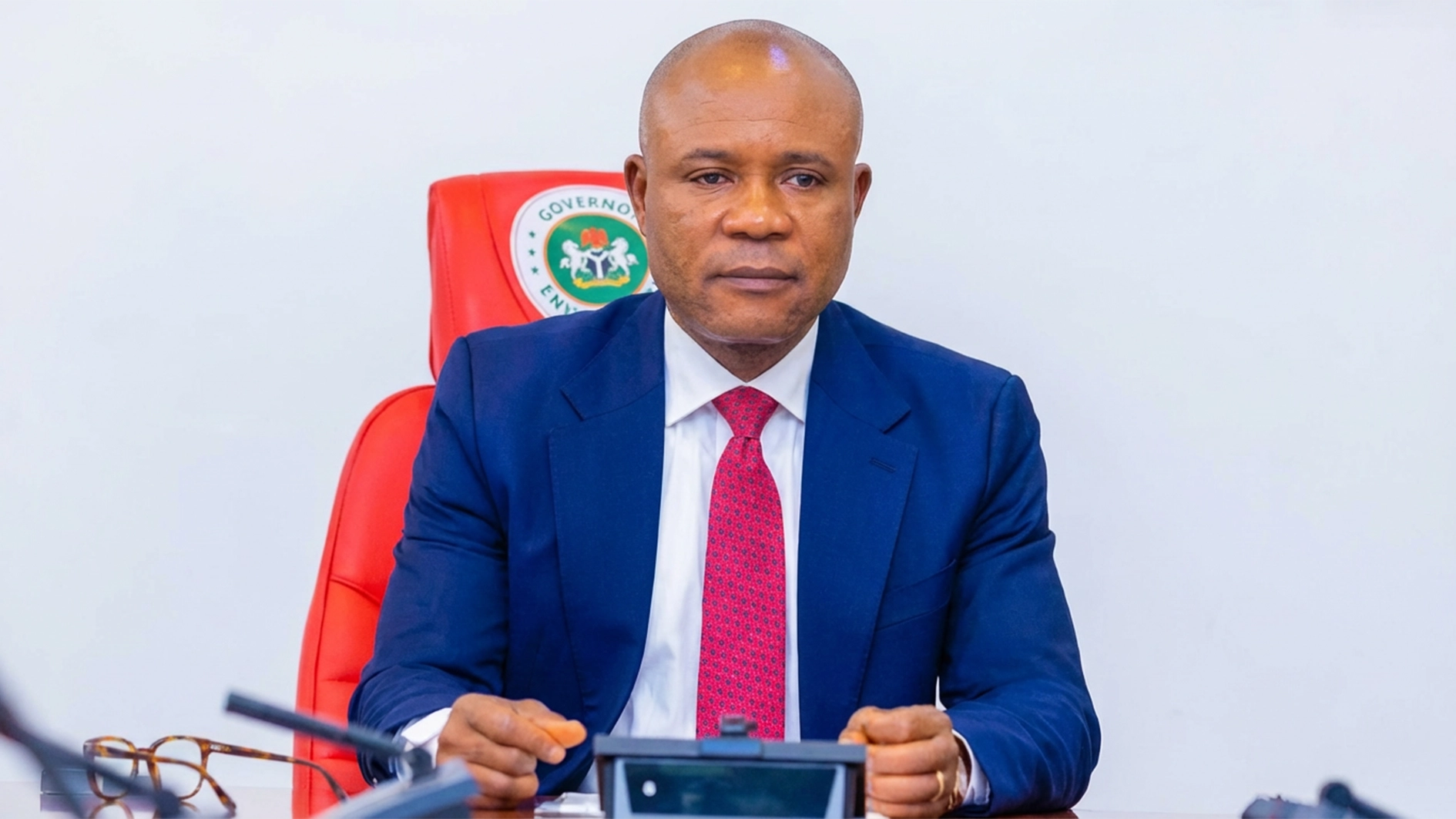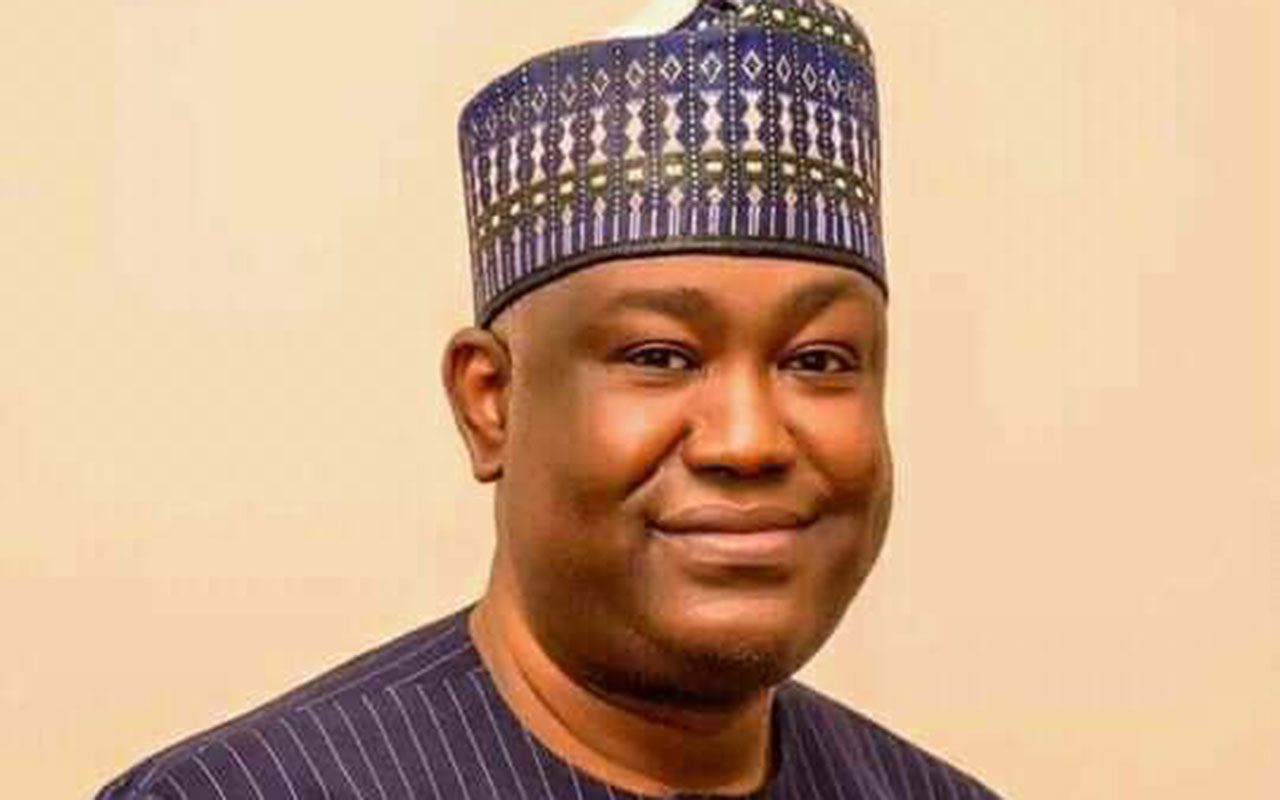
The Fourth Republic has had one-too-many faceoffs between sitting governors and their deputies, with attendant distraction for the business of governance and development. With the ugly trend not abating, concerned stakeholders say it is high time the constitution assigned substantive role to deputies, beyond being ‘spare tyres’ of their ‘principals’, KEHINDE OLATUNJI reports.
Fear of impeachment proceedings against Ondo State deputy governor, Lucky Aiyedatiwa, is currently brewing. His boss, Rotimi Akeredolu is fingered as the ‘big masquerade’ rolling the proverbial drumbeats, to which the state lawmakers are dancing deftly.
Until last week when Edo State Governor, Godwin Obaseki, accepted the public apology of his deputy, Philip Shaibu, who had a running battle with him over his succession plan, Shaibu was also in the black book of the state assembly.
There is no doubting the fact that state deputy governors in the country have not stopped being at the receiving end when it comes to impeachment, over alleged gross misconduct by their principals.
Apart from Aiyedatiwa, whose fate hangs in a balance, states like Zamfara (Aliyu Gusau); Oyo (Rauf Olaniyan and Iyiola Omisore); Imo (Eze Madumere and Jude Agbaso); Akwa Ibom (Chris Ekpeyong); Ekiti (Abiodun Aluko); Lagos (Femi Pedro and Koforowola Bucknor-Akerele); Bauchi (Garba Gadi, later reinstated by the court); Bayelsa (Perembowei Ebebi, later reinstated by an Appeal Court in Port Harcourt); Taraba (Sani Abubakar); Ondo (Agboola Ajayi and Ali Olanusi; Olanusi was later reinstated), Kano (Prof. Hafiz Abubakar) Enugu (Sunday Onyebuchi, his title was later restored) have also had their own share of the impeachment of deputy governors.
The impeachment or forced resignation of these deputy governors is often occasioned by fallout between them and their bosses. ‘Over ambition’ tendencies to succeed their principals, which often do not sit well with the governors, are also some of the underbellies of the rift. This trajectory has made many to wonder if being a deputy governor (with a political ambition) is equivalent to political suicide or a sentence to the political grave.
The tug of war between Shaibu and Obaseki started when he began to show desperation to succeed him. Obaseki does not want his deputy to succeed him because doing so will upset the rotation process in the state.
The former governor, Adams Oshiomhole is from Edo North Senatorial District. He did eight years as Governor. Shaibu is from the same Edo North. He is going to do eight years as Deputy Governor. The view that Obaseki embraces is that the governorship slot ought to shift to Edo Central next year. That is where there is a mortal war of wills between Obaseki and Shaibu.

However, Shaibu has retraced his step and apologised to his boss and Obaseki has publicly accepted his apology, but the terms for the settlements have not been made public.
Ondo State is one of the states where the impeachment of deputy governors, is not new. Already, two deputy governors, Olanusi Ali and Agboola Ajayi have had a taste of the bitter political game. Ondo legislators have now served an impeachment notice on Aiyedatiwa over allegations of gross misconduct. Aiyedatiwa acted as governor of the state until September 7, 2023 when the substantive governor, Akeredolu (SAN) returned from a three-month medical leave.
Aides of the Acting Governor were alleged to have engaged in acts of insubordination and disloyalty against Akeredolu. Some of them were said to have planted unfavourable stories in several media against the governor. Aiyedatiwa has instituted a legal action against the state assembly from proceeding with his impeachment.
Some believe that it is politically dangerous to be a deputy governor in Nigeria. Where the governors have the latitude to pick their deputies, they look for very senior citizens trudging the departure lounge, who are grateful to become a deputy, or they lure candidates with very low political energies to fill up the space, especially in cases where the party hierarchy did not impose any one on them.
However, the bad experiences of these deputies are not unconnected with their places in the Constitution. This means that changing the narrative will involve a Constitutional amendment.
Section 193 of the 1999 Constitution directly puts the deputies under the supervision of the governor, who in turn deals with them as he deems fit, when the former is seen as disloyal or overstepping his boundaries.
The deputies run on a joint ticket during the elections, and after victories, they assume office for four years without any clear roles. The reality is that their principals determine their official functions. Except in cases where a deputy governor becomes a governor following the death of his principal or where for any reason, the governor is removed from office by the State House of Assembly, they operate under the dictates of the governors.
Speaking with The Guardian, Associate Professor of Political Science, Lead City University, Ibadan, Dr Tunde Oseni identified the constitution, political and personality variables as causes of the rife between the governors and their deputies.
He urged impending governors and deputies to always work out their differences and should always know that they have four years or at the maximum, eight years to spend together and if politics of succession is going to cause any crises between them, then the deputy governor should know that, he or she is expected to be absolutely loyal to the Governor, at least, for the period during which they operate together.
Oseni maintained that the position of a governor is as important as that of the deputy, given that both of them ran on a joint ticket. He cited the case of Bayelsa State, where a governor-elect was prevented from taking the oath of office because his deputy governor-elect had issues with multiple names, which the opposition party took advantage of.
“
This means that no governor can become so elected, if there is no properly nominated deputy. So, constitutionally, without a deputy governor on the ticket, a governor cannot be properly elected.
“Another challenge is that most governors and deputies are always nominated from different caucuses within their parties. In other words, because a political party is like a conglomerate of caucuses and interests, once a particular caucus or group within a political party nominates the governor, it is usual for maybe the second most relevant caucus or group to nominate the deputy governor. So, in most cases, the governor and deputy governor are not always from the same political background in terms of where they belong within their political party. So, there is bound to be crises between a governor and a deputy governor unless and of course, they are able to manage their relationship better.
“Also, because both the governor and his deputy are from different caucuses, they are not likely to be on the same page on political and legal matters, even on policy matters and that is one of the reasons a governor is always suspicious of his deputy,” he explained, adding that some may be lucky to be from the same political group that allows some kind of friendliness and collegial relationship between them.
A lecturer at Olabisi Onabanjo University, Ago-Iwoye, department of political science, Dr Adebayo Salami, noted that unlike the clear provisions of the Constitution describing and distinguishing the president from his vice in terms of role differentiation and specification, this, “regrettably, does not exist in the case of the governor and deputy.”
“This is the genesis of the problem. Rather than the Office of the Deputy requiring the treatment of law within the context of the emergence of the growth and development of contemporary government, it is instead seen as an ‘extra tyre’, which only requires replacement if and only when a puncture occurs.
“There is in contemporary politics the necessity to make an important distinction between strategies and tactics in relation to realising political ambitions. Because politics is essentially about power, obtaining and sustaining it requires both planned and coordinated strategies and tactics. Unfortunately, most of the deputy governors trying to displace their political heads either lack the two or only hold to one. The realisation of ambition becomes a blunder in technical terms,” he said.
He identified lack of unity, especially within the context of establishing an overall purpose in relation to meeting the fundamental objective in which the existence of government remains continuously based, justified and assessed, as the implications of the rift.
“Under the above circumstances, the people in general suffer and they remain permanently wallowed in poverty and penury. Another implication is the likelihood of a culture of politics significant enough to distort the essence of democracy and its justification in plural and competitive societies.”
To address the issues, he suggested a review of the constitution to give deputy governors clear roles and responsibilities and urged governors to ensure due diligence in choosing their deputies.
“Systematic and rigid commitments to political arrangements as agreed upon and supremacy of the rule of law and constitutionalism is key to addressing these issues,” he said.
Also, a lecturer at Olabisi Onabanjo University, Dr. Abang Sunday said the way out of this constant anti-democratic manifestation would be clearly defined roles for the office of the deputy governor, which are to be entrenched in the constitution and will determine the spheres of operation of each of these parties in question, noting that if and when this is done, democracy would be the winner.
“Another significant factor worthy of note is that the two officers are elected into office on the same ticket. Notwithstanding history reveals the constant strain that characterises these two public figures, thereby creating a crisis in the state at large. Factions are created and time for affairs of state is sacrificed unnecessarily in favour of power tussle.
“Some commentators have criticised the highhandedness of some governors who run the state in what may be described as a one-man show, and the deputy is seen as no more than a hindrance,” Sunday stressed.






